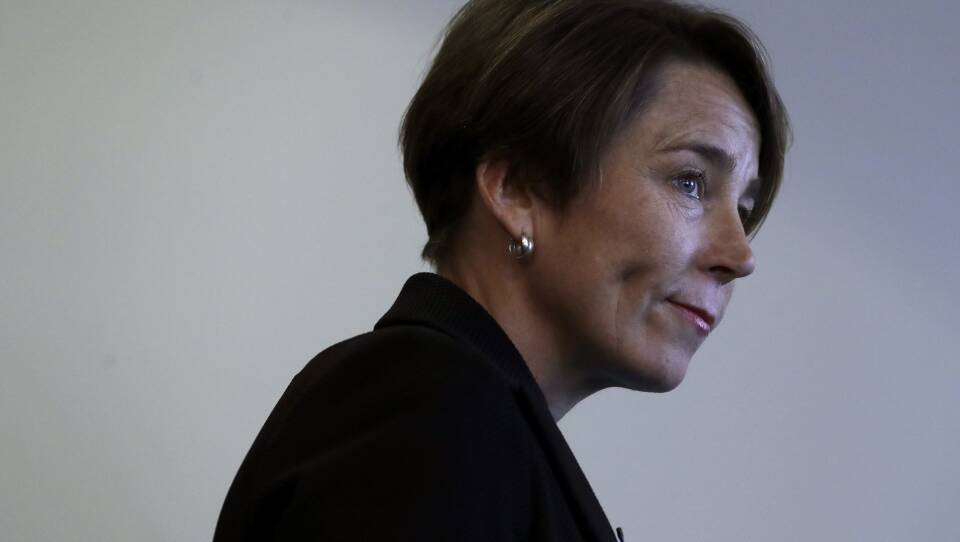Attorney General Maura Healey said Friday that the state's COVID-19 vaccine rollout has been "incredibly frustrating," and categorized parts of it as a "huge failure and a debacle that could have been avoided."
In a virtual hearing with lawmakers Thursday, Baker took responsibility for the state scheduling website's failures and acknowledged that the vaccine rollout has been "bumpy," but placed much of the blame for that squarely on the shoulders of the federal government, repeatedly citing a limited supply of vaccine doses.
Healey told Boston Public Radio Friday that Baker's response does not go far enough to explain the rollout's failures.
"We knew there were going to be limited shots," Healey said. "It's exactly because there's a constraint on supply issue that we need to make sure we have plans and that people are working together to deliver."
She added, "we needed to be much further ahead on planning with our local boards of health, with our cities, with our hospitals, with our community health centers and with community-based sites to understand exactly from day one how these shots were going to get allocated."
Healey called on the Baker administration to "engage in far more direct communication" with the public.
"The Baker administration has been saying that it's got a plan, and it's got a plan as more vaccines come online, but I have not seen the communication between and among people I hear from, and the actual articulation of a plan about how shots are going to be allocated, whether it's to hospitals or community health centers or mobile sites."
Healey has ramped up her criticism of Baker in recent weeks, visiting vaccine sites in Dorchester, Chelsea and elsewhere, prompting questions about whether she's considering a run for governor herself. She has used the appearances to highlight equity disparities in vaccine access.
Healey said that the state's shift to mass vaccination sites will likely leave vulnerable populations behind and contribute to existing disparities.
"There are communities that to this day are far more vulnerable, that have been the sites for vast numbers of coronavirus infections, we need to get them under control," she said. "These are community-based sites with organizations that know their residents, speak their languages, that are places people trust, and we need to make sure we support them."
Healey also discussed the state's plan — announced earlier this week — to reopen classrooms for fulltime learning for elementary students by April.
"I don't think we've adequately prioritized for the sake of kids and parents, getting those schools open," she said. "However, that announcement came with no notice to the school district, it was just like an edict that went out ... That's not the way responsible government should work."




